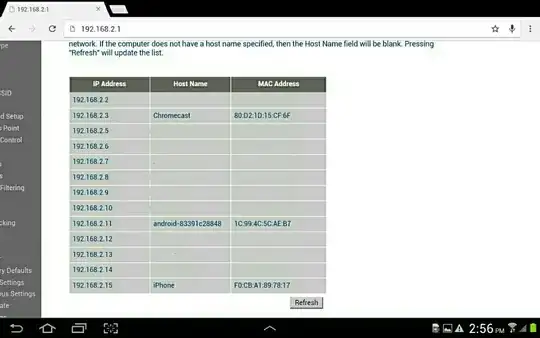If you want to find the source you need to triangulate the wifi signal with an access point, either the router itself or perhaps something small like a raspberry pi or laptop configured to look like your router (turn the router off, map the area.)
The process is similar to 'warchalking', you can expect to be on foot and checking wireless signal strengths.
You could also set up multiple hotspots around the area, then see which hotspot(s) the client connects to. This could let you map their movements if "they" are configured to autoconnect. Again, you could use some low-cost battery-powered raspberry pis for this as well. The hotspots can be placed anywhere, in theory, including intersections and paths leading in/out of your neighborhood/complex. Pair that with some cameras and you would know who was using your wifi.
It's less work to reconfigure your network (MACs can be spoofed, so, really you want a better authentication protocol and to routinely change out secrets/passwords/keys).
